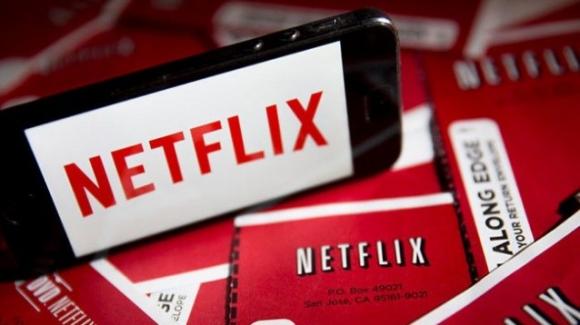In the past few hours, the publication of the first quarterly has made it possible to ascertain the first drop in users on Netflix which, having analyzed various factors, and made self-criticism, is preparing to remedy it by intervening also with the fight against the condition of passwords and low-cost subscriptions with advertising .
After the latest video game news, the Netflix multimedia streaming platform has released the data of its first quarterly of 2022, resulting in a collapse on the stock market and a promise of consequent corrective measures and countermeasures to stem what is the first decline in users for more a decade.
In the past few hours, during a video call with shareholders and investors, the co-CEO of the platform, Reed Hastings, reported that Netflix, compared to the 4th quarter of 2021 (221.84 million subscribers), has lost 200 thousand subscribers, now reaching 221.64 million paying users, in the name of a loss of users which, in the following quarter, could lead to leaving another 2 million users on the street. The forecasts made by the company some time before instead spoke of an increase of 2.5 million users against the 2.7 expected by analysts, however much less than the 3.98 million put together in the same period of 2021.
This has also led to a drop in revenue, now standing at $ 7.87 billion against the 7.93 expected: the repercussions on the stock market were not long in coming, with the big N which, in after hours trading, lost 27%, seeing the value of its shares drop to $ 256 each.
The reasons given by Hastings are different. First of all, there would be saturation in its main markets, the impact of the war in Ukraine (with the loss of 700 thousand users in Russia, compared to the expected 500 thousand more) also in Central-Eastern Europe, current and future competition (with traditional entertainment services that launch into streaming). Still on the subject of analysis, given that there will certainly also have been the impact in some markets (e.g. USA) of the recent changes, it was hypothesized that part of the blame for the decline in users may also depend on the fact that the previous growth was was dictated by the search for entertainment during the lockdown from Covid: obviously, there was no lack of criticism of the programming, explaining that many key contents (eg. The Adam project and the second season of Bridgerton) will arrive only at the end of the quarter, and the reference to the scourge of password sharing, given that – according to the company – 100 million households (including 30 million in Canada and the US) – access content by sharing passwords.
The solutions proposed by Netflix are many. It starts with improving “the quality of our programming and our advice”. Furthermore, it is planned to extend the test, now active in Costa Rica, Chile and Peru, which charges for each secondary account (but with its own login, preferences, suggestions, etc.), not residing in the same household, to other markets, that you decide to add (in the hope that then the relative user decides to switch to a real subscription being able to migrate his settings, histories and various lists) to the vision of the contents. Finally, in the name of a revolution in its 25-year history, Netflix is also evaluating the hypothesis (while remaining in its role as publisher, with other people who would take care of matching the ads) of plans made even cheaper by the presence of advertising, taking a cue from Hulu and Disney, with the Mickey Mouse company that already foresees advertising in its Asian streaming Hotstar and that by the end of the year will also insert it on Disney + in the USA.

